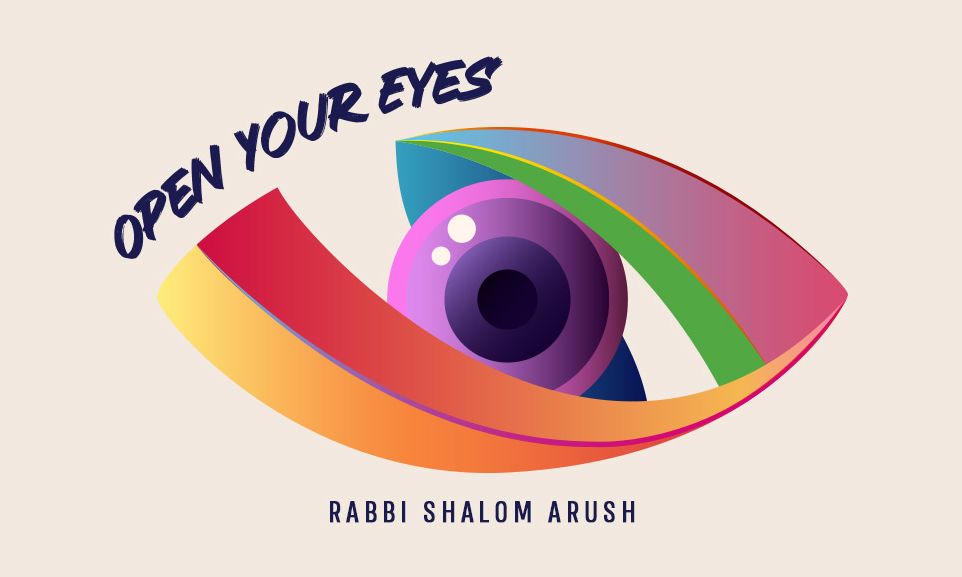
Open Your Eyes
Shabbat Chazon, the Shabbat before 9th of Av, is an auspicious time to focus on love and unity in the Jewish people and the entire world. READ RABBI ARUSH'S SPECIAL MESSAGE...

SPECIAL MESSAGE FROM RABBI ARUSH:
Shabbat Chazon is a particularly holy and special Shabbat, so we must be especially careful to be happy and sing Shabbat songs.
Rabbi Arush calls upon the Jewish people and the entire world to focus on love and unity, particularly on this Shabbat. On this Shabbat, we must be especially careful to guard our mouths and not speak badly about anyone!
At some point during Shabbat, say out loud:
“I love every Jew! I love everyone!”
Love even the person who hurt you! Love the one who angered you! Love even the person who is fighting with you! Recognize that each person is intrinsically good. The “bad” in them is not their essence, but it only the Evil Inclination. Their essence is good, and that is what you love!
Spread this message to everyone you know!
Before one of my recent classes, a man came up to me and said, “My life isn’t life, and it isn’t worth living. I have already started to commit suicide; you are my last stop. I am only here because a good friend begged me to speak to you before I go to my final destination…”
What was I supposed to say to him in the two minutes I had before my class started? So, I begged him, “Please stay for the class. After the class, I will give you my full attention and all the time that you need.” When someone wants to commit suicide, they are no longer in a hurry to go anywhere. Waiting another hour didn’t bother him, so he found a seat.
In that class, I spoke about the need to thank Hashem for every detail of our lives, and specifically look for all the good that we already have. Are you healthy? Thank Hashem! Are you married? Do you have children? These aren’t things to take for granted in our generation. We must feel true gratitude for the simple and small things and thank Hashem for them.
After the class, he came up to me and said, “Honorable Rabbi, I don’t have any more questions. I just want to say thank you…”
I see and hear things like this all the time. It isn’t so much that the answers to our questions are so difficult; it’s that we are stuck in the darkness and cannot see the light of emuna and gratitude. It isn’t so much how many things we lack, as much as not recognizing and appreciating all the things that we do have.
What’s the Root of the Problem?
Rebbe Natan of Breslev explains that the root of the destruction of the Holy Temple in Jerusalem was not just about specific sins that were committed. The hearts of the Jewish people are always aflame with love for Hashem and the desire to serve Him. No matter what we have done, there is always a way to return to Hashem and fix our ways. The real root of the problem was that they did not appreciate serving Hashem and they did not appreciate keeping His Torah and commandments.
The Gemara explains that the destruction occurred because the Jews “did not say a blessing on the Torah.” The intention of this statement is that they didn’t appreciate the incredible merit that was their portion. In Rebbe Natan’s exact words: “They were not happy with the Torah. They did not thank Hashem and praise Him at every moment for the incredible kindness that Hashem did when He chose us to be His people and gave us His Torah. Every single person, no matter what level he is on, must regularly thank Hashem and appreciate even the tiniest good point that he still has in him.
And through this, he will merit to leave behind all of his troubles, and truly come close to Hashem…
See the Light
The Shabbat before the 9th of Av is called “Shabbat Chazon.” Chazon is a vision, related to seeing. Even in the depths of our pain and mourning which is the pinnacle of darkness, and in our moments of deepest despair – it is precisely there that we start to see the light. This gives us the strength to go through even the most difficult periods of our life.
The most excruciating suffering there is, is when we don’t see the light. We don’t see the kindness of Hashem; we don’t see the good that we do have in life; we don’t recognize the greatness of being a Jew; we don’t appreciate the many important mitzvot that we do and we hardly even notice.
When someone is trapped in darkness and doesn’t see even a spark of light – that is when he can no longer bear his life. When he doesn’t see the many kindnesses that Hashem is doing for him, then he doesn’t see Hashem. He becomes totally disconnected from emuna. He even speaks lashon hara about Hashem – because Who is the source of all the “bad”? Ein od milvado – everything comes only from Hashem! When you complain about all the “bad” in your life, you’re speaking lashon hara against Hashem.
However, the moment that he begins to thank Hashem – his eyes are opened, and he can see the light. He feels the emuna in Hashem. Now he knows how to “read the map” of this world and he understands what he needs to do. He can successfully weather even the strongest storm, because the only way to truly live in this world is with emuna.
This is true both physically, and also spiritually. When someone lives with emuna, even if he commits a sin G-d forbid – he repents and only gets stronger. When someone knows how to appreciate his portion and be happy with it, then he can raise himself from every fall, no matter what level he finds himself on. He becomes even closer to Hashem – and the sin now becomes a merit for him.
But if he doesn’t see the light of emuna and doesn’t appreciate the mitzvot – he quickly forgets that no sin can wipe away the endless mitzot and merits that he already has. Then it becomes very hard to get up and repent, and very hard to stop the cycle of “one sin leads to another.” He falls lower and lower without end, until he crashes to the lowest level from which he cannot raise himself back up. This is what happened to the Jews when the Temple was destroyed.
Real Mourning
Mourning is not just about sitting on the floor and crying. Mourning is about reviewing our deeds and committing to fix the root causes of the destruction – to wake ourselves up to actively bring the Redemption.
The Redemption is dependent on teshuva (repentance). Repentance is dependent on opening our eyes to see the simple reality of how much good Hashem showers on us constantly, physically and spiritually – and be happy! Rebbe Natan bemoans the fact that “most people are very far from repentance because they aren’t happy with the little good that is in them. Sadness and bitterness are more damaging than anything.”
When we merit to open our eyes and see all the good, we merit to have a real “vision” and truly see. With this light, we can use the mourning for its true purpose of introspection and awakening to fix the root of the Destruction which is crying and not appreciating the good we have, both physically and spiritually. Now we can start to truly thank Hashem, and merit to be among those building the Temple, it should be rebuilt speedily and in our days.


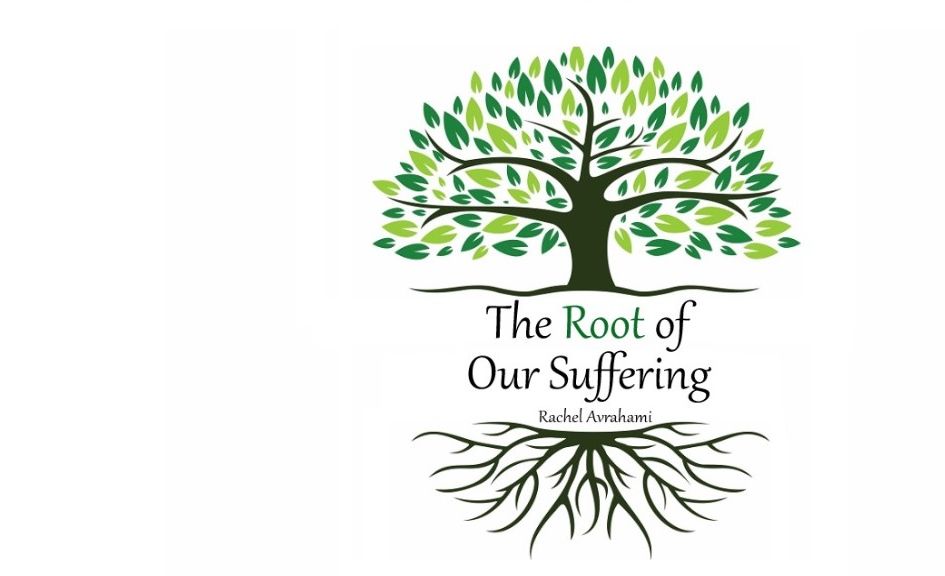
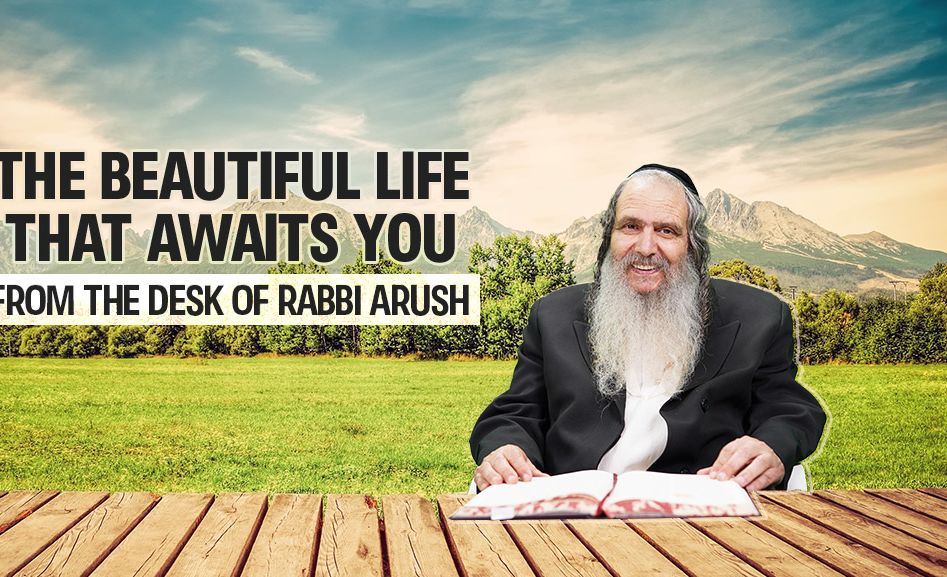
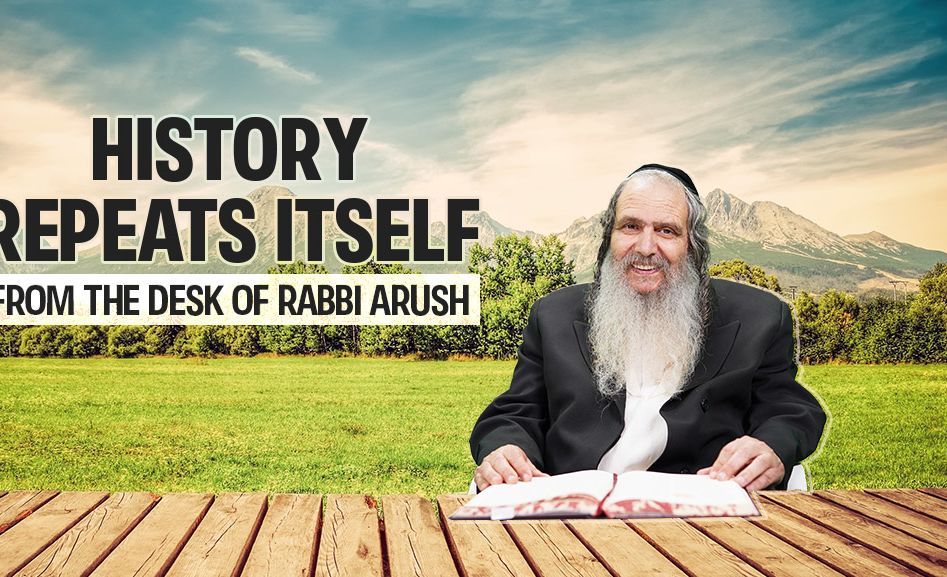
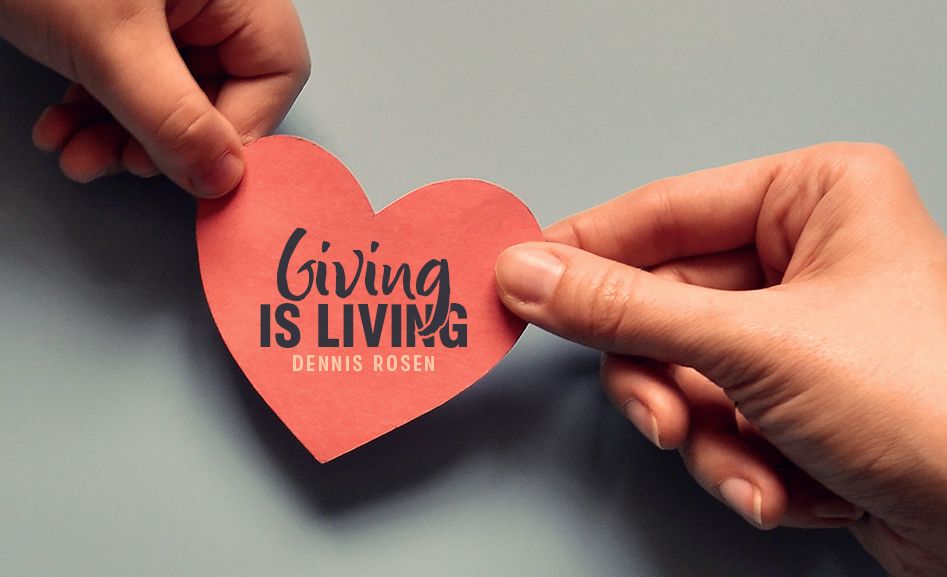
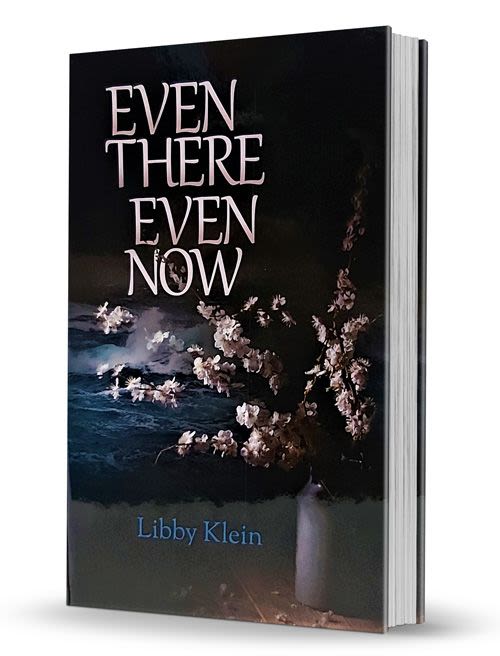
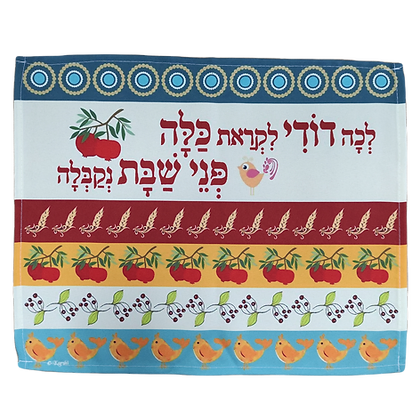
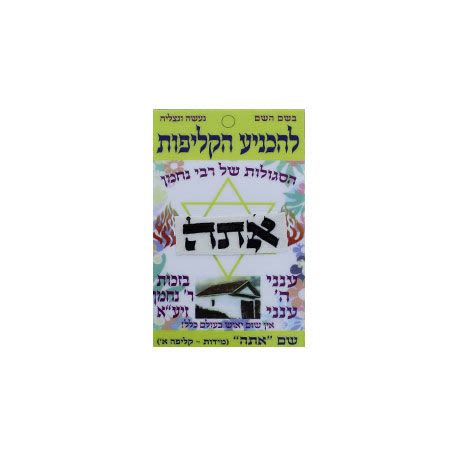
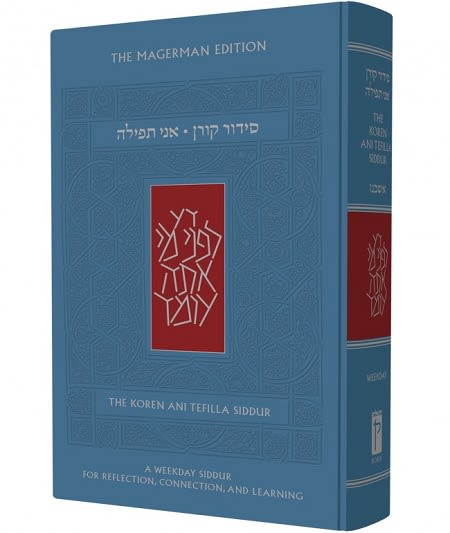

7/20/2023
Good points, thank you for the inspiration.